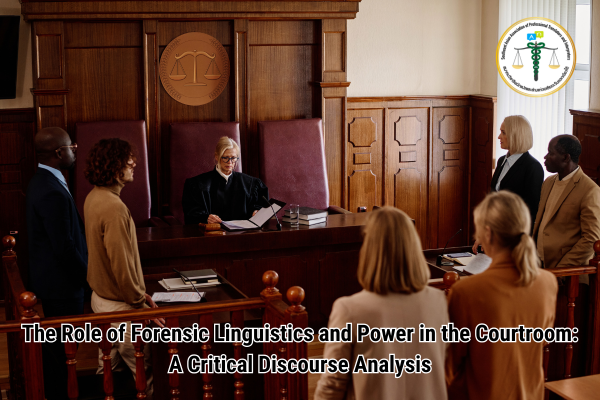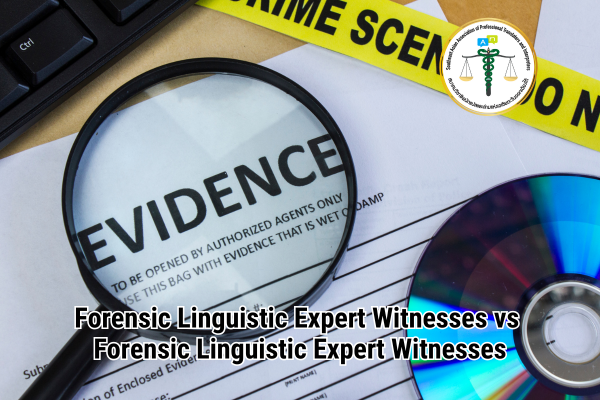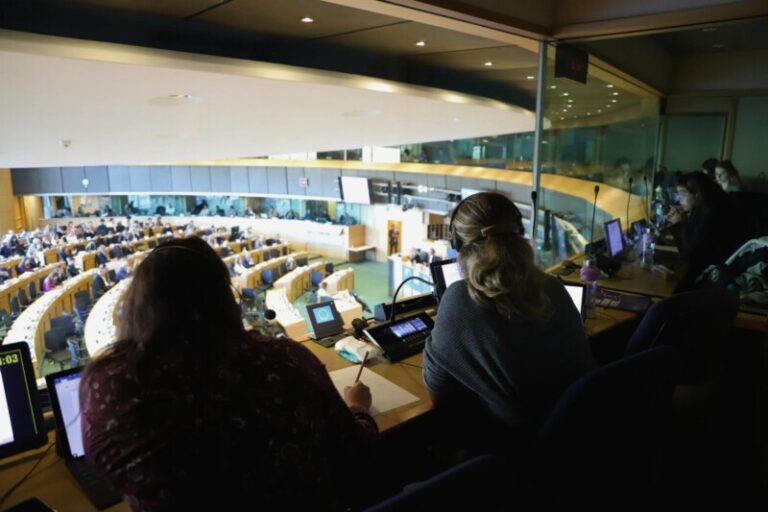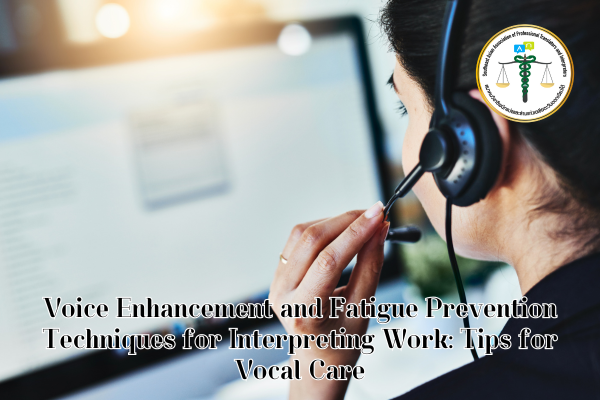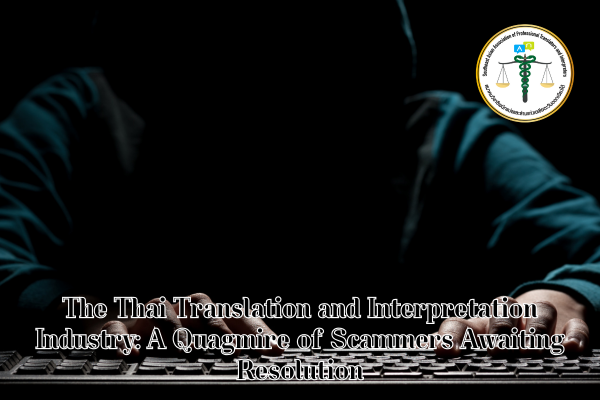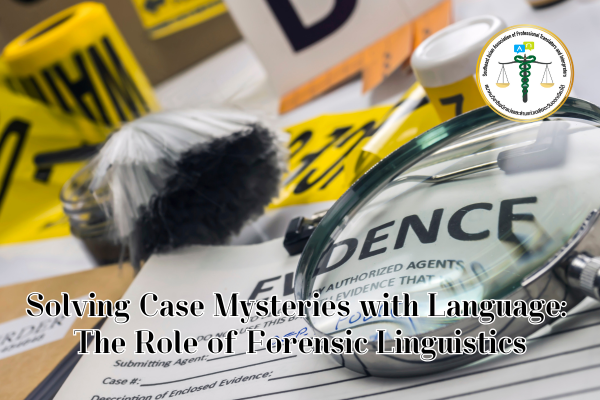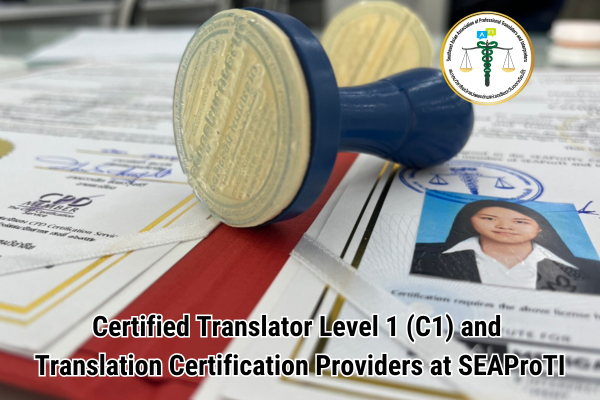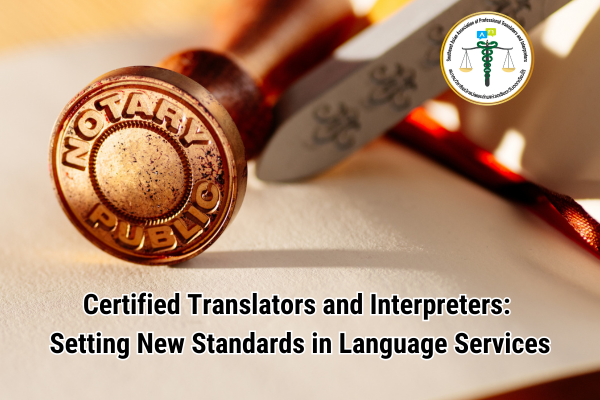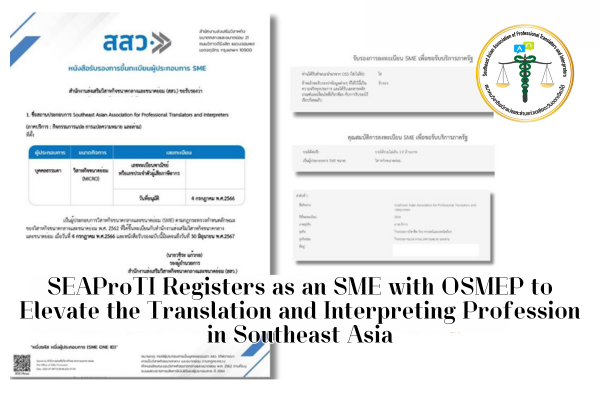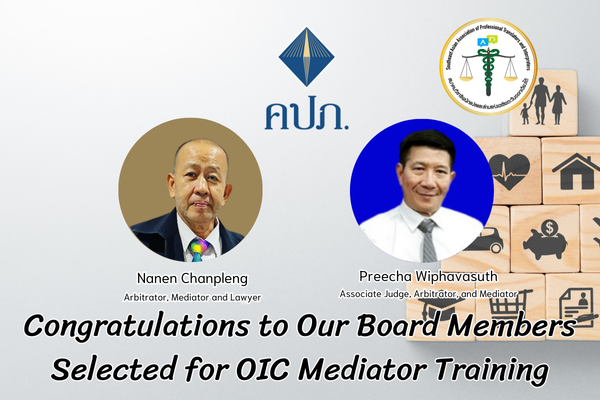บทบาทของนิติภาษาศาสตร์และอำนาจในห้องพิจารณาคดี: การวิเคราะห์วาทกรรมเชิงวิพากษ์
The Role of Forensic Linguistics and Power in the Courtroom: A Critical Discourse Analysis
วณิชชา สุมานัส
Wanitcha Sumanat
สมาคมวิชาชีพนักแปลและล่ามแห่งเอเชียตะวันออกเฉียงใต้
The Southeast Asian Association of Professional Translators and Interpreters, Thailand
Email: wanitchas@gmail.com
บทคัดย่อ
ภาษาเป็นองค์ประกอบสำคัญในกระบวนการพิจารณาคดี และมีอิทธิพลต่อปฏิสัมพันธ์ต่าง ๆ ภายในห้องพิจารณา นิติภาษาศาสตร์ ซึ่งเป็นศาสตร์ที่ศึกษาการใช้ภาษาในบริบททางกฎหมาย ช่วยให้เข้าใจถึงบทบาทของวาทกรรมที่สะท้อนถึงอำนาจและการควบคุมในกระบวนการยุติธรรม ภาษาที่ใช้ในห้องพิจารณาไม่ใช่เพียงแค่เครื่องมือสื่อสารเท่านั้น แต่ยังเป็นกลไกในการกำหนดแนวทางของคดี มีอิทธิพลต่อคำให้การ และใช้เป็นเครื่องมือในการคัดค้านหลักฐาน การศึกษานี้ใช้แนวทางวิเคราะห์วาทกรรมเชิงวิพากษ์เพื่อตรวจสอบความเชื่อมโยงระหว่างนิติภาษาศาสตร์และอำนาจในกระบวนการพิจารณาคดี โดยเน้นให้เห็นถึงผลกระทบของความไม่สมดุลทางภาษา ซึ่งเป็นอุปสรรคต่อการเข้าถึงความยุติธรรม ส่งผลต่อความโปร่งใสและความเป็นธรรมของกระบวนการทางกฎหมาย ผลการวิเคราะห์ชี้ให้เห็นว่า ความซับซ้อนของภาษากฎหมาย เทคนิคการตั้งคำถามเชิงกลยุทธ์ และอำนาจทางภาษาศาสตร์มีส่วนในการสร้างความไม่เท่าเทียมระหว่างนักกฎหมายและผู้เข้าร่วมกระบวนการที่เป็นบุคคลทั่วไป นอกจากนี้ การศึกษายังเสนอแนวทางปรับปรุงการสื่อสารในห้องพิจารณา โดยเน้นการใช้ภาษาที่ชัดเจนขึ้น การพัฒนาระบบล่าม และการปรับปรุงการเข้าถึงด้านภาษา เพื่อให้เกิดความเป็นธรรมมากขึ้นในกระบวนการยุติธรรม การแก้ไขปัญหาทางภาษาจะช่วยให้สถาบันกฎหมายสามารถลดความเหลื่อมล้ำด้านอำนาจ ส่งเสริมความเป็นธรรม และเพิ่มความโปร่งใสในกระบวนการพิจารณาคดีได้มากยิ่งขึ้น
เกี่ยวกับนักแปลรับรอง ผู้รับรองการแปล และล่ามรับรองของสมาคมวิชาชีพนักแปลและล่ามแห่งเอเชียตะวันออกเฉียงใต้
สมาคมวิชาชีพนักแปลและล่ามแห่งเอเชียตะวันออกเฉียงใต้ (SEAProTI) ได้ประกาศหลักเกณฑ์และคุณสมบัติผู้ที่ขึ้นทะเบียนเป็น “นักแปลรับรอง (Certified Translators) และผู้รับรองการแปล (Translation Certification Providers) และล่ามรับรอง (Certified Interpreters)” ของสมาคม หมวดที่ 9 และหมวดที่ 10 ในราชกิจจานุเบกษา ของสำนักเลขาธิการคณะรัฐมนตรี ในสำนักนายกรัฐมนตรี แห่งราชอาณาจักรไทย ลงวันที่ 25 ก.ค. 2567 เล่มที่ 141 ตอนที่ 66 ง หน้า 100 อ่านฉบับเต็มได้ที่: นักแปลรับรอง ผู้รับรองการแปล และล่ามรับรอง
Abstract
Language plays a crucial role in judicial proceedings, influencing various aspects of courtroom interactions. Forensic linguistics, which examines language use within legal contexts, provides insight into how discourse reflects power dynamics and control in legal settings. The language employed in the courtroom is not merely a tool for communication but also a mechanism for shaping legal narratives, influencing testimony, and challenging evidence. This study employs critical discourse analysis to investigate the intersection of forensic linguistics and power in courtroom discourse. It highlights how language imbalances contribute to disparities in access to justice, affecting the fairness and transparency of legal proceedings. The analysis reveals that the complexity of legal language, strategic questioning techniques, and linguistic authority contribute to power asymmetries between legal professionals and lay participants. Furthermore, the study underscores the need for reforms in courtroom communication, advocating for the use of clearer language, improved interpretation services, and linguistic accessibility to ensure a more equitable justice system. By addressing these linguistic challenges, legal institutions can enhance fairness, mitigate power imbalances, and promote a more transparent judicial process.
SEAProTI’s certified translators, translation certification providers, and certified interpreters:
The Southeast Asian Association of Professional Translators and Interpreters (SEAProTI) has officially announced the criteria and qualifications for individuals to register as “Certified Translators,” “Translation Certification Providers,” and “Certified Interpreters” under the association’s regulations. These guidelines are detailed in Sections 9 and 10 of the Royal Thai Government Gazette, issued by the Secretariat of the Cabinet under the Office of the Prime Minister of the Kingdom of Thailand, dated July 25, 2024, Volume 141, Part 66 Ng, Page 100.
To read the full publication, visit: the Royal Thai Government Gazette


